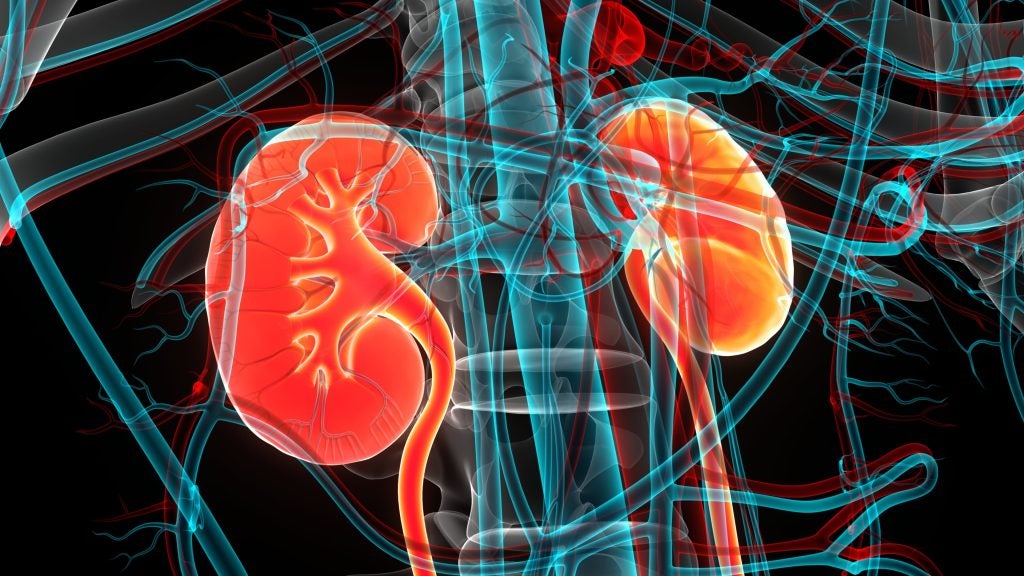Travere Therapeutics has signed a licencing agreement for sparsentan with Japan-based Renalys Pharma for multiple Asian countries.
As per the agreement, Travere will be in line to receive up to $120m in upfront and milestone-based payments. Additionally, the US-based company has obtained a minority equity stake in Renalys and will be in line to receive tiered royalties on net sales of sparsentan in the licenced territories. The licencing news comes a month after Travere fired 20% of its workforce to raise cash reserves.
Renalys launched on 25 January with backing from two venture firms Catalys Pacific and SR One. Renalys will be responsible for developmental, regulatory and commercialisation rights to sparsentan in Japan, South Korea, Taiwan, Brunei, Cambodia, Indonesia, Laos, Malaysia, Myanmar, the Philippines, Singapore, Thailand, and Vietnam, as per the licencing terms.
To that end, Renalys plans to initiate an open-label registrational trial for sparsentan in Japan in Q2 2024. One of the trial endpoints includes urine protein-to-creatinine ratio (UPCR), the results for which are expected in H2 2025. The company has had successful meetings with the Japanese Pharmaceuticals and Medical Devices Agency (PMDA) regarding trial design in 2023, as per a 25 January press release.
Sparsentan is a dual endothelin angiotensin receptor antagonist. It received accelerated approval by the US Food and Drug Administration to reduce proteinuria in adults with primary IgA nephropathy (IgAN) at risk of rapid disease progression, with a UPCR of over 1.5g/g. The drug is marketed under the brand name Filspari in this indication.
The accelerated approval for sparsentan in primary IgAN was based on the positive results from the Phase III PROTECT trial (NCT03762850). Travere plans to file the sNDA for full approval of sparsentan in IgA in Q1 2024.
Travere is also investigating sparsentan as a treatment for focal segmental glomerulosclerosis (FSGS). The supplemental new drug application (sNDA) for the indication was rejected by the FDA in December 2023. The agency requested more data in addition to the two-year results from the Phase III DUPLEX study (NCT03493685) that supported the initial sNDA.















